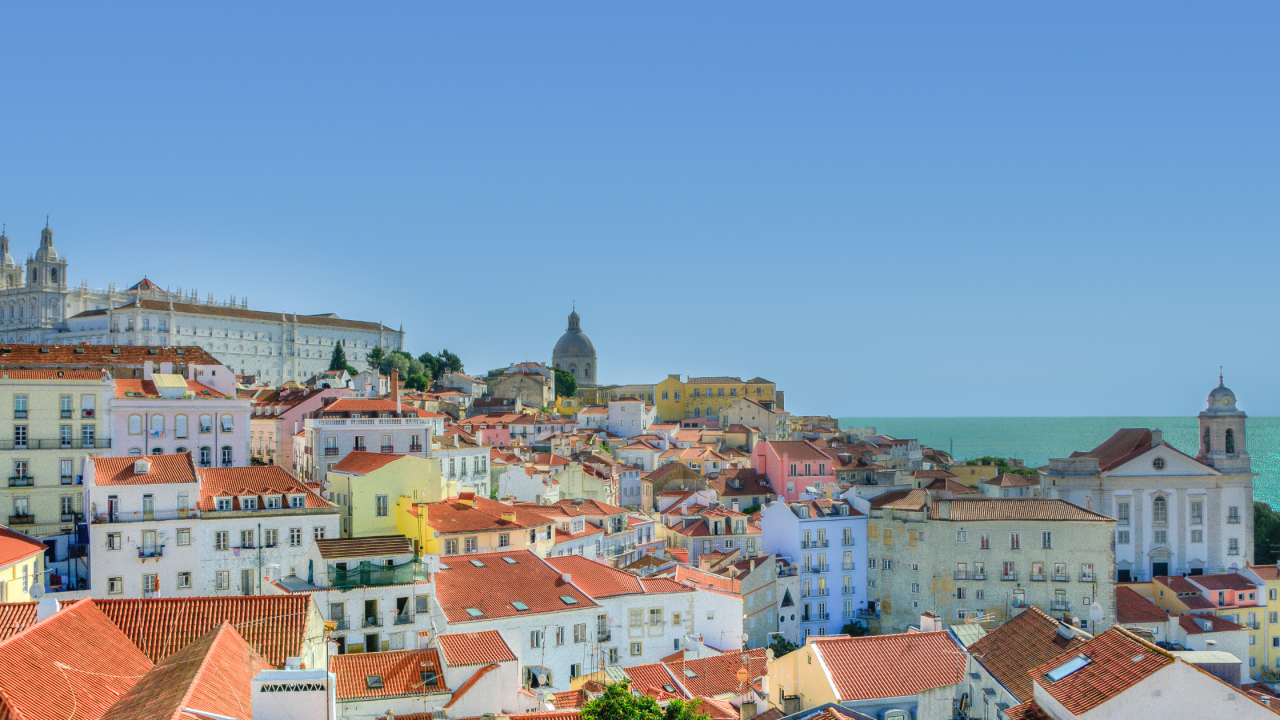What Expats Must Know Before Moving To Portugal
Moving to Portugal as an expat can be an exciting adventure, but it requires careful planning and research to ensure a smooth transition. From job opportunities to healthcare costs and cultural lifestyle, there are various factors to consider before making the move. Let me dive into what you need to know about relocating to Portugal.
Job Opportunities in Portugal
Portugal’s job market has seen significant improvements in recent years, with unemployment dropping from 12.4% in 2016 to 5.6% in June 2020. However, youth unemployment remains relatively high at 25.6%. The country’s main industries include tourism, textiles, footwear, hospitality, automotive, construction, electronics, and transportation. While there is growing competition, there are shortages for high-skilled workers in sectors such as IT, healthcare, tourism, and agriculture.
Major cities like Lisbon, Porto, and Faro offer diverse job opportunities, particularly in tourism, hospitality, and technology sectors. Lisbon, the capital, attracts a large number of expats due to its vibrant culture, thriving startup scene, and job prospects.
Rent cost in Portugal
Rent costs in Portugal may fluctuate depending on the tourist peak seasons, the city or region, the type of accommodation, and its proximity to urban centers or tourist attractions. This is what I could find on average. In Lisbon, rent for a one-bedroom apartment ranges from €800 to €1200 per month, while the suburbs range between €600 to €900 per month. For larger apartments or homes, prices can range from €1200 to €2000 or more per month. In Porto, Portugal’s second-largest city, rent may cost between €600 to €1000 per month, while outside the city center, prices range from €400 to €800 per month. Bigger places typically range from €900 to €1500 or more per month. Algarve a popular tourist destination, offers a range of rental options with rent prices for a one-bedroom apartment from €500 to €800 per month, and suburbs between €400 to €600 per month.
Note – The cost of living in Portugal varies depending on the city and lifestyle. Generally, it’s more affordable compared to other Western European countries. Rent prices, grocery expenses, and transportation costs are relatively reasonable, especially in smaller cities and towns. The average monthly salary in Portugal is around €1188.06, making it one of the lower-paying countries in the EU.
Healthcare costs in Portugal
They have an affordable system in many other countries. The country has a public healthcare system (Serviço Nacional de Saúde), which provides accessible and low-cost medical services to residents. Expats can also opt for private health insurance for additional coverage, with premiums varying based on coverage and provider. A cousin of mine pays around €300 – €400 for the entire family. It’s good if you can afford to also have private care as the public has a long waiting time for an appointment so the private will get you through the door a lot faster.
Racism Tolerance Level for Expats
Portugal is generally considered a tolerant and welcoming country, but like any other nation, it’s not without racism and discrimination. While incidents of overt racism may be relatively rare, subtle forms of discrimination can exist, particularly towards minority groups and immigrants, especially non-Europeans. However, the Portuguese government has taken steps to promote diversity and inclusivity through various initiatives and anti-discrimination laws. The wide migration of expat communities has also helped curb discrimination.
Best Places for English Speakers
For English speakers, major cities like Lisbon, Porto, and the Algarve region are ideal destinations. These areas have significant expat communities, English-friendly services, and ample job opportunities requiring English language skills.
Climate in Portugal
Portugal boasts a Mediterranean climate with mild, rainy winters and hot, dry summers. The weather varies slightly across regions, with the southern Algarve region enjoying warmer temperatures and more sunshine compared to the northern regions. January to March has mild temperatures with some rain, particularly in the northern regions. April welcomes the spring weather with blooming flowers and increasing sunshine. followed by warm and sunny days, for May and June. July & august have high temperatures and minimal rainfall while September slowly drills into warm days and cooler nights, with October seeing some rainy days. November and December arrive with cool temperatures.
Citizenship for Portugal
The average time to obtain Portuguese citizenship through naturalization is typically five to six years of legal residency. However, this duration can vary based on individual circumstances and eligibility criteria.
In conclusion, moving to Portugal offers expats a blend of job opportunities, affordable living, diverse culture, and pleasant weather. By understanding the job market, cultural dynamics, and practical aspects of relocation, expats can make a successful transition to this charming European destination. But I cannot stress how important it is to research before going. Remember there is no CTRL Z once you make your move so move wisely.






